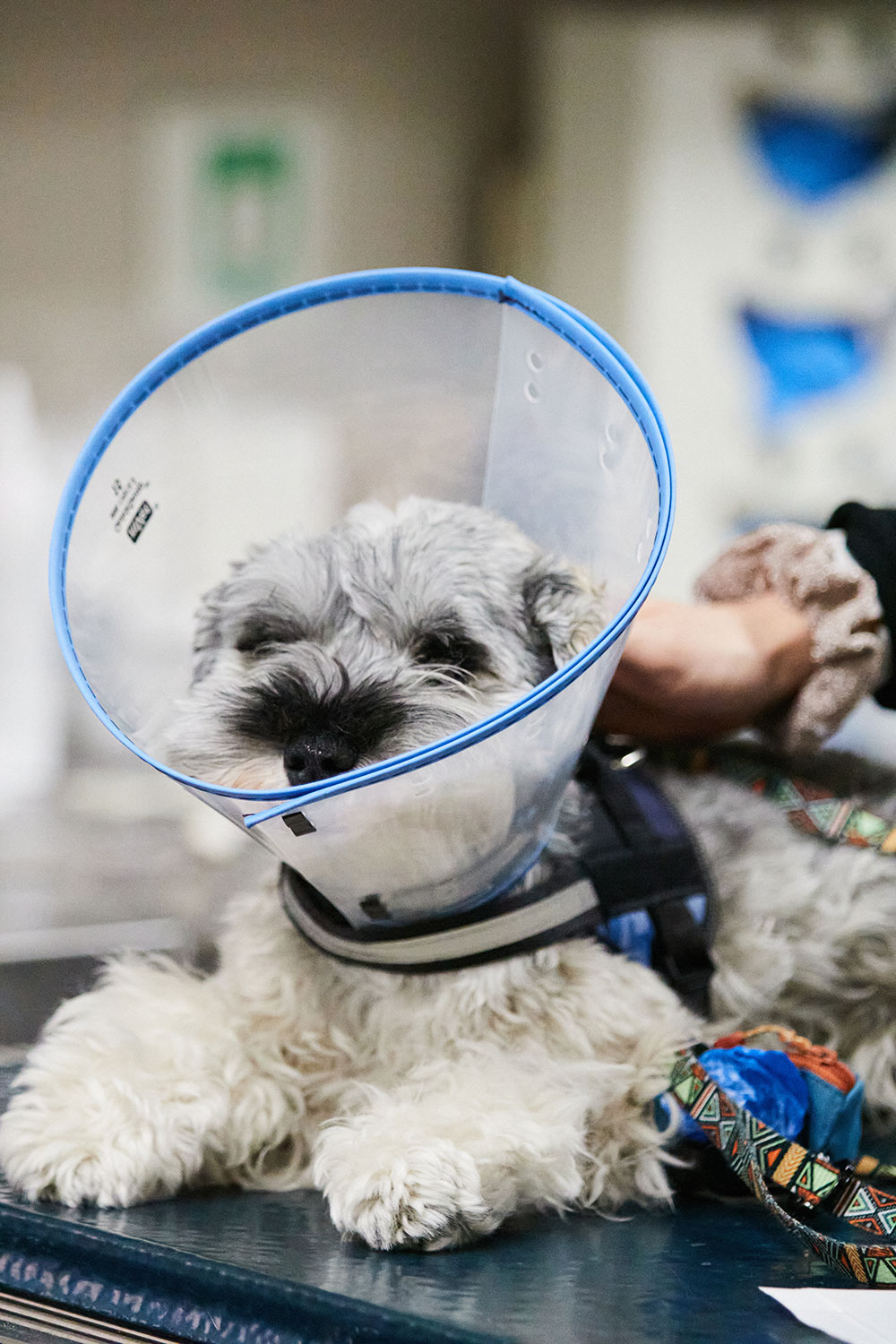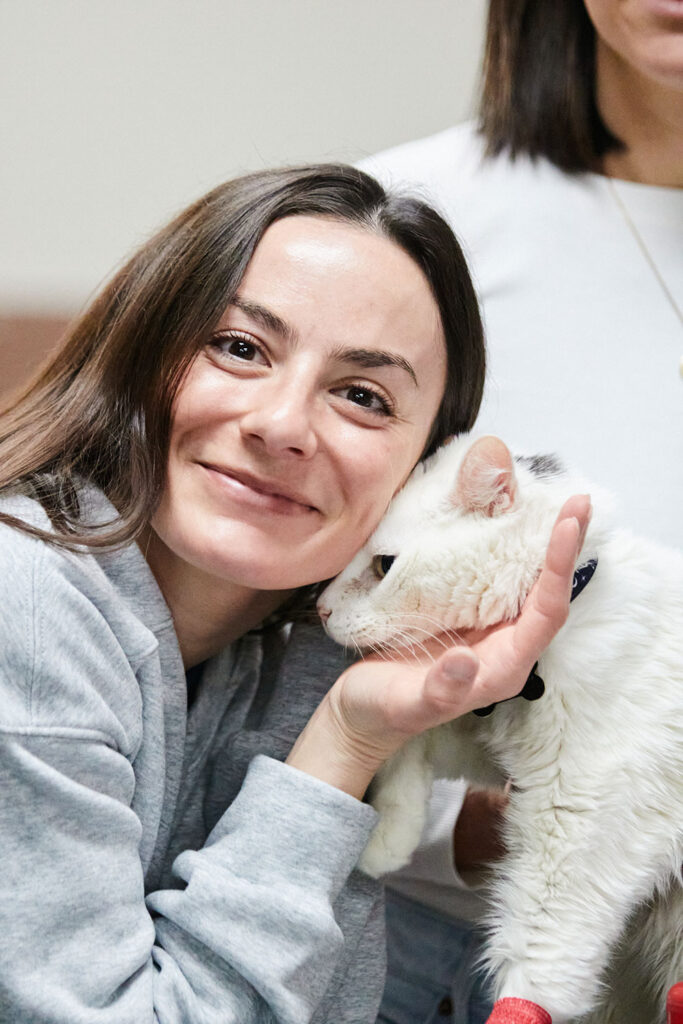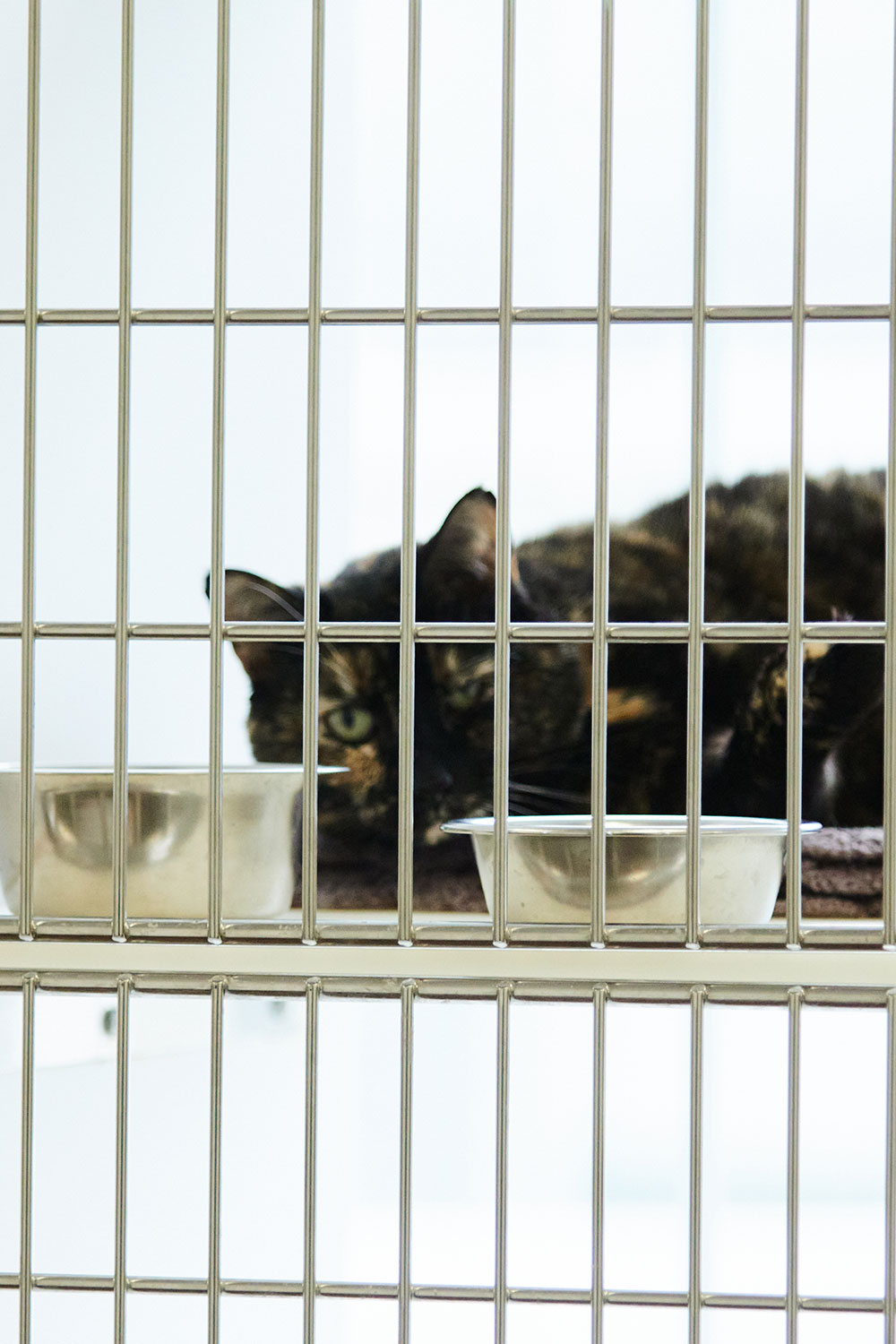Surgical Services at
The Veterinary Center of Hudson
Learn More About the Surgical Services We Offer
The Veterinary Center of Hudson not only offers common surgeries such as spaying and neutering, but also surgical procedures considered to be more complicated. Some examples are abdominal mass removals, dental cleanings with radiographs, and other orthopedic procedures. Our operating suite is well-equipped and equivalent to most human hospitals, allowing us to handle most surgical situations. While surgery is a part of our everyday life at VCH, we understand how stressful it can be knowing that your fur baby is having a surgical procedure of any kind. That’s why we work hard to provide you with updates via text message or by phone throughout the day while your pet is with us.
Surgical Procedures:
- Dental cleanings and extractions
- Spay
- Neuter
- Gastropexy
- ACL / TPLO
- Luxating Patella
- Mass removal




SURGERY HIGHLIGHT
Tibial Plateau Leveling Osteotomy
The TPLO is the optimal treatment for dogs with a torn or injured ACL/CCL.
The procedure involves making a cut into the tibia (shin bone) and rotating it to the appropriate angle so that the joint is stabilized and the femur (thigh bone) no longer is pushed forward causing pain and arthritis.
Some hospitals discharge dogs the same day, but we offer 1–2 days of post-op care to ensure proper recovery under professional supervision. We provide advanced treatments like Laser Therapy and PulseVet Shockwave to support healing and help your dog return to normal function faster.
The TPLO procedure requires 8 weeks of strict cage rest and slow reintroduction of exercise. To ensure your pet heals appropriately it will be essential to keep them rested in a confined space on non-slip surfaces.


Pre-Op Screening
& Lab Work
While general anesthesia will always come with associated risks, we believe that we can help reduce those risks significantly by performing pre-anesthetic bloodwork or using bloodwork that has been performed within the last three months. If your pet has any chronic health concerns, rechecking that bloodwork may be necessary before anesthesia. We perform the bloodwork before anesthesia to check for abnormalities specifically looking at liver, kidney, white blood cell, and platelet counts—all of which can pose an increased risk to their procedure and recovery. We do everything in our power to make sure your pet’s procedure runs smoothly and successfully so they can go home with you that night.
While your pet is under general anesthesia, we routinely monitor:
- The oxygen content of your pet’s blood (spo2)
- The amount of carbon dioxide your pet exhales (ETCO2)
- Blood Pressure (BP)
- Heart rate and rhythm by electrocardiogram (EKG)
- Temperature
- Respiratory Rate
- Capillary Refill Time – CRT
- Mucus Membrane Color – MM
These are the identical monitoring techniques used during surgery for humans.
Post-Op Care
A successful surgery doesn’t end with the operation itself— aftercare plays an integral role in kickstarting the recovery and rehabilitation process for your pet. After your pet’s surgery has been completed, you will receive detailed instructions from an RVT or doctor. They will go over how the procedure went, as well as anything you need to watch out for or continue to monitor at home. They will also provide instructions for any medications that will be sent home with you that day.
Does your pet need a surgical procedure?
